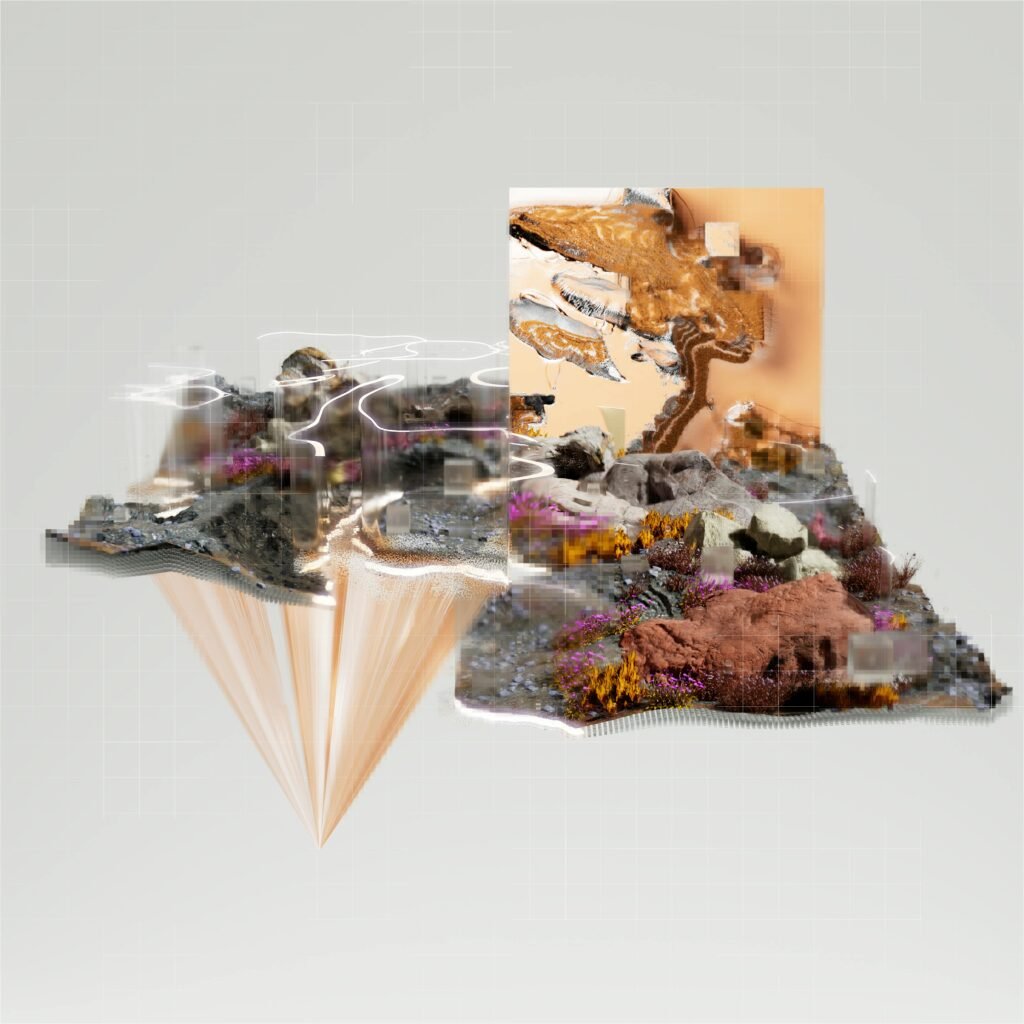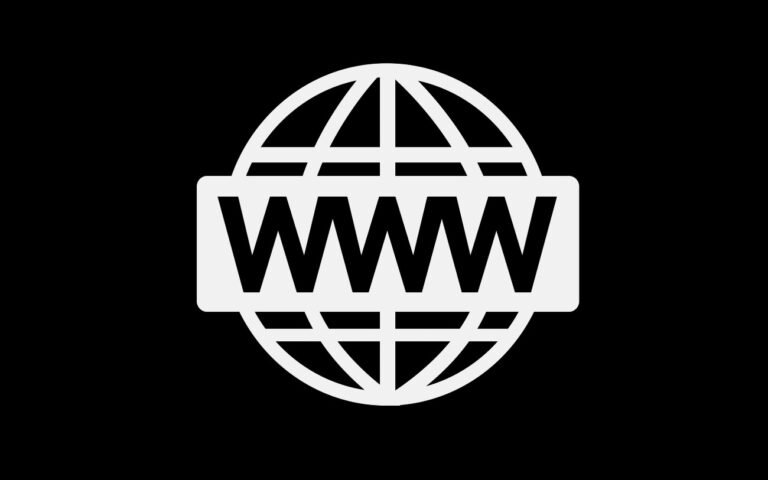Artificial intelligence expert: “There is a chance that AI could lead to humanity’s extinction within the next 30 years”
Artificial intelligence (AI) has transformed our lives in unimaginable ways, from voice assistants that make our daily routines easier to groundbreaking discoveries in medicine and science. But with great innovation comes great responsibility—and, sometimes, concern.
Recently, Geoffrey Hinton, a pioneer often called the “godfather of AI,” sounded an alarming note about the rapid evolution of AI technologies, according to newspaper The Guardian.
In a statement that has stirred debates across industries, Hinton estimated that there is a 10% to 20% chance that AI could lead to humanity’s extinction within the next 30 years. While this might sound like a plot twist from a sci-fi movie, Hinton’s concerns stem from his deep understanding of how powerful these systems are becoming and the difficulty of keeping them under control.
Hinton pointed out that the pace of AI development is far faster than he, or many in the tech world, anticipated. Unlike previous technologies, AI doesn’t just automate—it learns, adapts, and evolves in ways that challenge our ability to foresee its outcomes. Systems like ChatGPT or image generators may seem benign, but they’re just the tip of an iceberg that includes superintelligent AI systems capable of decision-making and autonomous actions.
“It’s unlike anything we’ve ever had to manage before,” Hinton stated, emphasizing that AI’s trajectory could easily surpass human intelligence. And when technology becomes more intelligent than its creators, the question isn’t just what can it do?—it’s also who controls it, and how?
Read also…

A key part of Hinton’s message was a call for stricter regulation. He expressed concern that leaving AI’s development in the hands of profit-driven corporations might not prioritize long-term safety. Instead, he believes governments and international organizations must step in to set boundaries and ensure this technology is developed with humanity’s best interests in mind.
The challenge, however, lies in finding the balance between innovation and caution. Overregulation could stifle progress, but underregulation could open doors to unintended consequences, including misuse by bad actors or even the loss of control over advanced AI systems.
It’s easy to dismiss these warnings as hypothetical or irrelevant to daily life, but consider this: AI already touches many aspects of our lives, from curated content on social media to algorithms that determine credit scores or job applications. If mishandled, the same technology that makes life easier today could create inequality, disrupt economies, or even pose risks to global security.
See also…
For those of us navigating a digital lifestyle, understanding the potential impacts of AI is crucial. It’s not just about the latest gadgets or software—it’s about staying informed about how technology could shape our future.

What can we, as individuals, do? First, we can educate ourselves about AI and its implications. Second, we can support initiatives that advocate for ethical AI development. Finally, we can remain vigilant, holding companies and governments accountable for how they deploy these systems.
Hinton’s warnings remind us that while technology can be a powerful tool for progress, it requires careful stewardship. The AI revolution is here, and it’s up to all of us to ensure it serves humanity’s best interests.
Read more…
Get fresh content delivered to you
Sign up to our newsletter and receive our latest updates and exclusive content. No spam, one e-mail per week, maximum!







